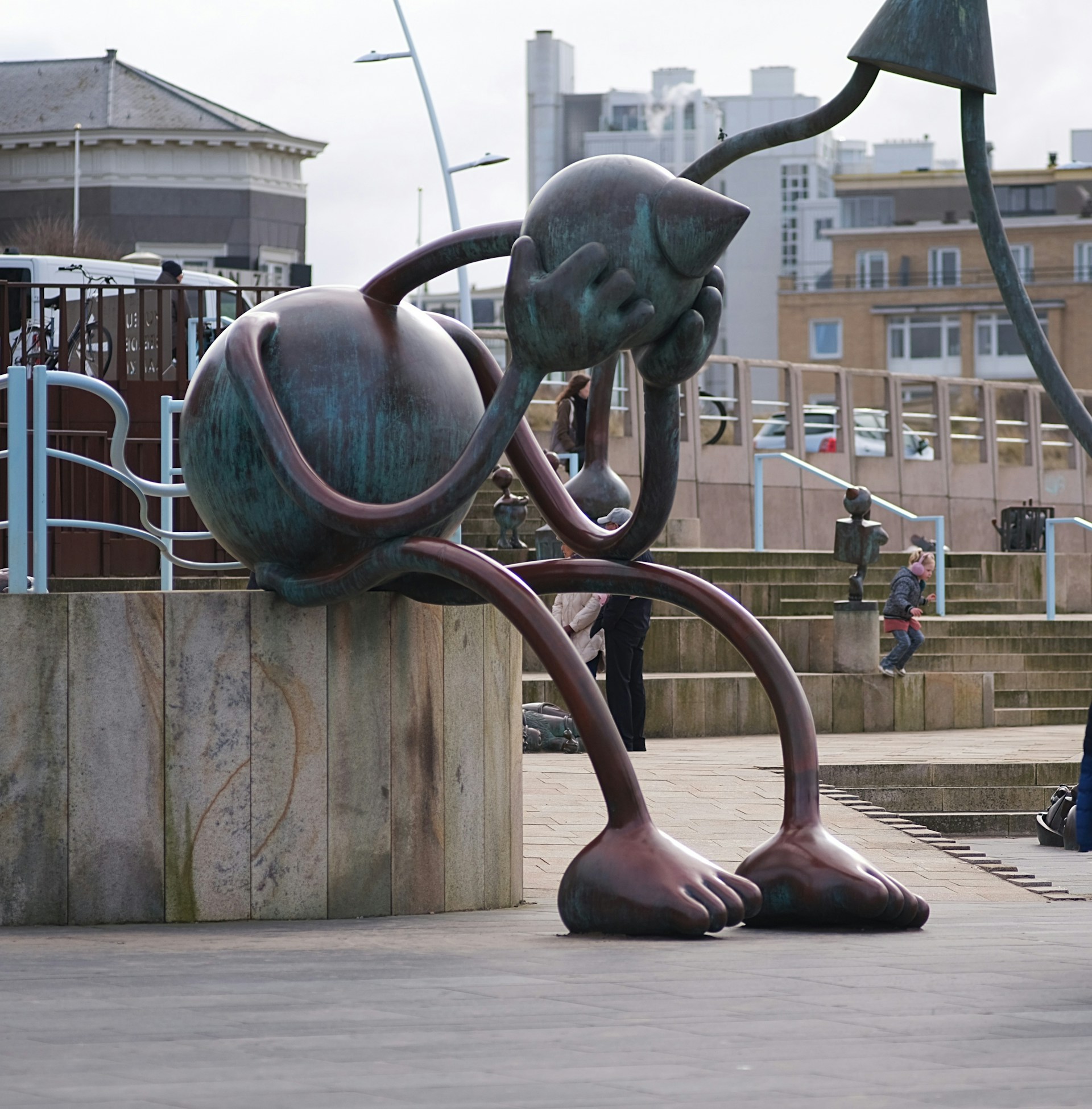We’ve all heard the saying, “Common sense is not so common.” But why is it that something considered so “common” can be so rare in practice? Let’s break it down and explore how common sense, or the lack of it, plays out in our everyday lives.
At its core, common sense is about making sound judgments based on practical experience and basic reasoning. It’s the kind of wisdom that doesn’t require formal education or deep expertise—just a bit of thoughtfulness and observation. Yet, time and again, we see people acting in ways that make us scratch our heads and wonder: where has all the common sense gone?

But why is it so uncommon?
One reason for this disconnect is that in today’s fast-paced world, we are often rushing from one task to another without taking the time to consider the most practical or efficient approach. We live in an age where convenience often trumps caution, where the desire for instant results blinds us to simple solutions. This rush can lead to overlooking basic, common-sense decisions that could save time, energy, and even prevent larger issues down the road.
Another factor is overcomplication. With access to so much information at our fingertips, people tend to overthink even the simplest of tasks. Instead of relying on straightforward, tried-and-true methods, we sometimes get caught up in the noise—chasing after elaborate solutions when a simpler approach would work just as well, if not better.
But common sense isn’t just about practical decisions—it’s about awareness. Being aware of your surroundings, understanding the context, and recognizing patterns in daily life can go a long way in cultivating good judgment. Yet, many of us overlook this awareness because we’re too focused on what’s ahead rather than what’s right in front of us. Sometimes, the most sensible choice is the one that seems almost too obvious, but it’s the very thing we miss in the rush of modern life.
So how do we cultivate common sense in a world that seems to be moving at lightning speed? It starts with mindfulness. Taking a moment to pause and assess a situation before diving headfirst into action is crucial. It’s about recognizing that, more often than not, the simplest answer is the best one. By tuning into our instincts and paying attention to the world around us, we can make better, more rational decisions that ultimately improve our lives.

How to Practice Common Sense
- Pause Before Acting
It might seem obvious, but slowing down and thinking about the consequences of your actions can prevent many avoidable mistakes. Before reacting impulsively, ask yourself, “What’s the simplest, most practical solution here?” - Learn from Experience
Common sense grows from observing patterns and learning from past experiences. For instance, if rushing in the morning leaves you stressed, setting up your clothes or preparing lunch the night before can make a huge difference. Learn from your own history to avoid repeating mistakes. - Listen to Intuition
Most of us have an inner voice that hints at what the best course of action is. Often, it’s not about overthinking but listening to that gut feeling. If you’re unsure whether something is safe or practical, your intuition usually gives you a nudge in the right direction.

Common Sense is a Skill
The truth is, common sense isn’t as common because it’s a skill that develops over time. It’s not just about knowing facts or rules; it’s about applying them in real-world situations in ways that make life easier. Whether it’s a small decision like grabbing an umbrella or a bigger choice like maintaining work-life balance, practicing common sense can save time, energy, and even keep you safe.
In the end, common sense is not about knowing everything—it’s about knowing enough to navigate the everyday challenges of life with ease. It’s a skill that can be honed through experience, reflection, and the willingness to slow down and trust our judgment. Because, while common sense may not be so common, it’s something we can all cultivate with a little patience and awareness.
So, the next time you’re faced with a decision, take a moment to pause and think, “What would common sense suggest here?” You might be surprised how much simpler life becomes.


